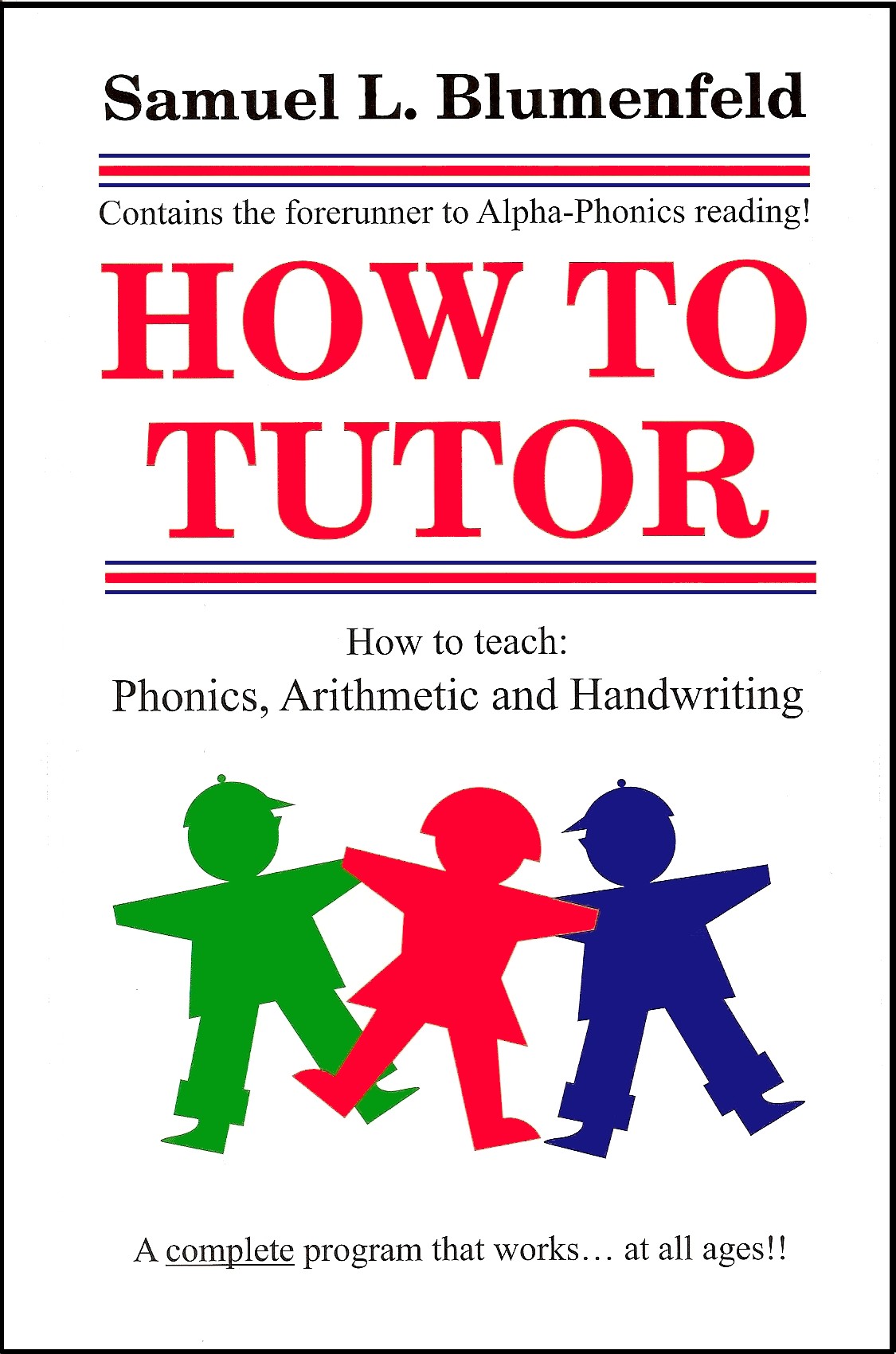
In the midst of the pandemic, with the country’s attention riveted elsewhere, something of great potential consequence for American K-12 education has just happened. Years from now we might look back on this moment as a turning point: the true beginning-of-the-end for Common Core.
With six years of data subsequent to full implementation now available, the failure of Common Core can at last be decisively documented. That is precisely what Boston’s Pioneer Institute has done, in a just-released white paper by influential educator and Common Core critic, Theodor Rebarber. The title of Pioneer’s report says it all: “The Common Core Debacle.”
While Rebarber is focused on national-level results, he also homes in on some particularly revealing data from the states. Kentucky fully implemented Common Core three years ahead of most other states, yet it continues to register declines in reading and math. That means prospects for a turnaround in other states in the coming years are dim.
 Prior to Common Core, Massachusetts was the great national K-12 success story. After adopting high-quality standards with an emphasis on classic literature and academic content in the 1990s, Massachusetts rose from being a middling performer on national tests to a consistently top-ranked state. In 2005, it became the first state ever to finish first in every category measured by “America’s report card,” the National Assessment of Educational Progress: NAEP (the same test used by Pioneer’s report to assess the performance of Common Core). Massachusetts students swept every NAEP category again in 2007 and 2009. So, what has become of Massachusetts under Common Core?
Prior to Common Core, Massachusetts was the great national K-12 success story. After adopting high-quality standards with an emphasis on classic literature and academic content in the 1990s, Massachusetts rose from being a middling performer on national tests to a consistently top-ranked state. In 2005, it became the first state ever to finish first in every category measured by “America’s report card,” the National Assessment of Educational Progress: NAEP (the same test used by Pioneer’s report to assess the performance of Common Core). Massachusetts students swept every NAEP category again in 2007 and 2009. So, what has become of Massachusetts under Common Core?
All this is preface to what may be the most important section of Pioneer’s report, a powerful refutation of what Rebarber calls the grab bag of explanations and excuses offered by Common Core’s defenders to explain its sorry performance. Only three pages long, the section titled “Common Core Excuses Don’t Compute” is well worth your attention. Rebarber takes the weak rationalizations offered by the friends of Common Core and subjects them to disciplined empirical investigation and powerful critique. The outcome isn’t pretty for anyone who still thinks this supreme educational boondoggle is working.
So, is this the end of Common Core? Not exactly. Not right away, anyhow. Rebarber’s devastating report just might mark a critical turning point, however. Into the messy stalemate between a coalition of powerful educational interests determined to back Common Core regardless of outcome and a frustrated grassroots opposition, Rebarber has dropped just enough evidence and argument to tip the balance over time. In politics, being right is never enough. On occasion, however, the truth may be of modest assistance.
Let’s quickly review some of the forces in the battle over Common Core.
As the Pioneer report notes, a vocal minority of scholars and experts have argued for years that Common Core does not in fact raise standards, and therefore would likely fail. For the most part, Common Core’s advocates have ignored these critiques. But why? Is it because Common Core’s supporters are convinced that its standards are in fact high, or is it because, at least for its most progressive advocates, Common Core was never about raising academic standards in the first place?
Unfortunately for advocates of Common Core, their strategy has failed. Standards have come down, and so has performance. But instead of reducing the achievement gap, Common Core has only aggravated the problem. As Rebarber’s report shows, the top ten percent of students still perform about as well as they did before Common Core. It’s the bottom half of students who have really suffered under the new regime. From everyone’s standpoint — but especially from the standpoint of progressive advocates of Common Core — this is a true disaster.
 There are still plenty of powerful forces sustaining the status quo. Businesses still want national markets, and so continue to be averse to state and local control. And conservative supporters of Common Core will be reluctant to acknowledge failure. In truth, however, their strategy of throwing in with the educational Left to impose a national solution and retain a seat at the table has backfired. In the end, progressives got more of what they wanted than conservatives. Yet Common Core has failed even by progressive criteria. Instead of removing the achievement gap, declining standards have entrenched it.
There are still plenty of powerful forces sustaining the status quo. Businesses still want national markets, and so continue to be averse to state and local control. And conservative supporters of Common Core will be reluctant to acknowledge failure. In truth, however, their strategy of throwing in with the educational Left to impose a national solution and retain a seat at the table has backfired. In the end, progressives got more of what they wanted than conservatives. Yet Common Core has failed even by progressive criteria. Instead of removing the achievement gap, declining standards have entrenched it.
Parents with children who have experienced Common Core hate it, whereas the educational establishment of both parties wants to keep it in place. Inertia is on the side of Common Core. Teachers would always rather stick with their current curriculum than go through the effort it takes to retool. With many states and the federal government having backed off of the most rigorous testing, we are at a stalemate. Common Core is in zombie mode, undead and difficult to kill.
At this point, however, a few states are beginning to make noise about backing off of Common Core in a way that goes beyond mere rebranding. Whether that happens or not will depend on public pressure. Studies like Rebarber’s promise to redouble that pressure as time goes on. And while staunch advocates of Common Core may never be able to acknowledge their mistake, over time, the realities revealed by Rebarber’s study, and those that will follow, may dampen the enthusiasm of the Common Core’s funders and supporters. Truth will out, it just takes a while.

 Alpha-Phonics
Alpha-Phonics The Alphabet Song!
The Alphabet Song! Water on the Floor
Water on the Floor Alpha-Phonics the Book on CD Rom
Alpha-Phonics the Book on CD Rom Blumenfeld Oral Reading Assessment Test
Blumenfeld Oral Reading Assessment Test How To Tutor
How To Tutor How To Tutor Cursive Handwriting Workbook
How To Tutor Cursive Handwriting Workbook
Leave a Reply
You must be logged in to post a comment.